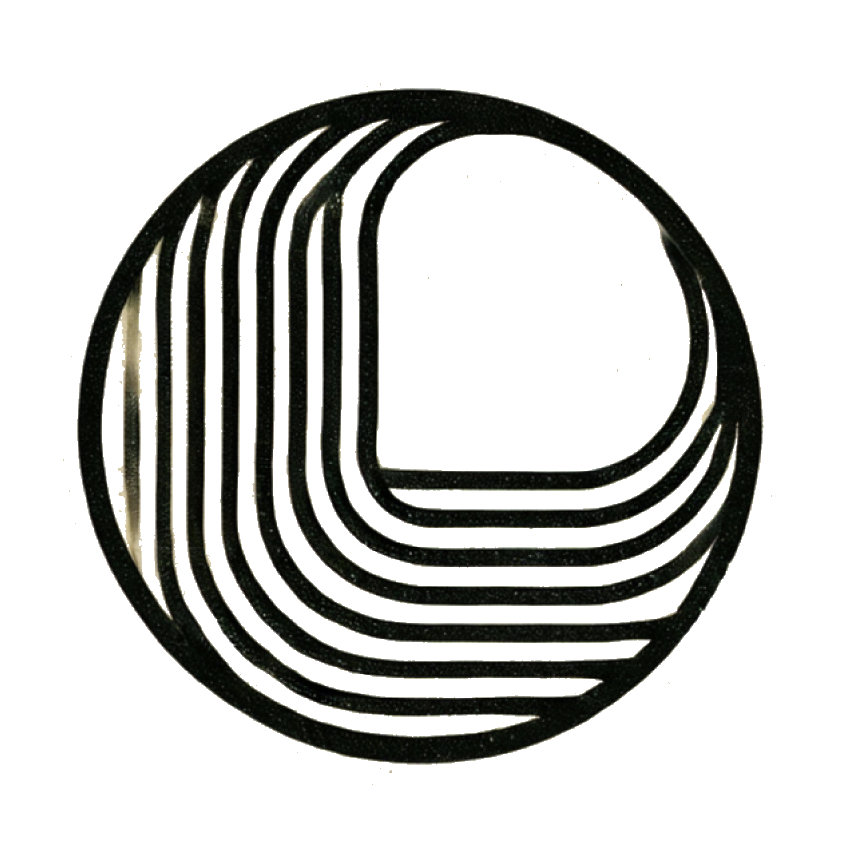How to Journal (Like a Philosopher)
Learn an easy 4-step journaling structure to build self-awareness, reduce anxiety, and shape your life story—backed by philosophy and psychology.

📌 TL;DR — Philosophical Journaling
Philosophers throughout history used journaling to examine their lives and develop wisdom. Key approaches: Stoic reflection (what's in my control?), Socratic questioning (why do I believe this?), existential journaling (what gives my life meaning?). The goal: not just feel better, but think better and live better.
Journaling has long been one of the simplest yet most powerful tools for self-understanding. You don’t need a therapist, a long list of prompts, or a special notebook—just a few minutes and the willingness to be honest with yourself.
But when most people try to start journaling, they hit the same wall:
“What do I even write about?”
Here’s a framework that makes journaling easy, reflective, and meaningful.
🪶 Step 1: Keep It Simple — Tools and Setup
You only need two things:
- A journal you like.
Whether it’s a leather notebook, a minimalist softcover, or a digital app like Life Note, choose something that feels good to open. The physical experience matters—it’s what keeps you coming back. - A pen that flows.
Some people swear by fountain pens, others prefer a simple gel pen. The right tool creates a small sense of ritual every time you write.
That’s it.
No fancy system, no perfect timing. Just begin.
✍️ Step 2: The Four-Paragraph Framework
When the page feels blank and intimidating, structure gives your mind a place to land. This four-step format will fill a page naturally and build self-awareness as you go.
1. Describe Something That Happened
Start with the facts. What was a notable event from your day? Write about it plainly, without overanalyzing.
Example:
“A project at work went wrong because of a misunderstanding. I was stressed but eventually resolved it.”
Keep it short and specific—one paragraph is enough.
2. Write About What Went Well
Reflect on something you did right.
This trains your brain to notice progress, even in chaos.
“I stayed calm and broke the problem into smaller steps instead of panicking.”
Celebrating small wins reinforces emotional resilience and consistency.
3. Write About What Didn’t Go Well
Now, face what you want to improve.
Identify patterns, triggers, or habits that keep tripping you up.
“I spiraled into anxiety before realizing it was a misunderstanding. I want to break this reflex.”
This is where awareness becomes growth—naming your weakness is the first step to mastering it.
4. Zoom Out — See the Bigger Story
Finally, connect the dots.
Ask yourself:
- What does this event say about who I am becoming?
- How does it fit into the larger arc of my life?
You’re not just reflecting—you’re authoring your own story.
As philosopher Julia Annas wrote in The Morality of Happiness, true reflection is about “making sense of one’s life as a whole.”
That’s what journaling really is: giving shape to your unfolding narrative.
🧠 The Philosophy Behind It
Philosophers like Charles Taylor, Alasdair MacIntyre, and Martin Heidegger all saw humans as storytelling beings. We don’t just live through time—we interpret it.
But most of us live reactively, letting stories write themselves through routine and distraction. Journaling is your chance to take back authorship.
Each entry becomes a dialogue with your future self—a record of how you faced the world today.
🌱 Why This Works
- It strengthens your narrative identity.
You begin to see recurring themes and values that define who you are. - It trains emotional awareness.
Writing slows down your thinking, helping you recognize patterns before they spiral. - It fosters gratitude and humility.
Each session reminds you that life is an ongoing process, not a verdict. - It builds self-trust.
Over time, your journal becomes proof of your growth—page after page of your evolving mind.
💡 Using Life Note to Deepen the Practice
If you want guidance or structure without losing authenticity, try Life Note. It’s a modern journaling companion that helps you reflect through wisdom-based prompts drawn from history’s greatest minds.
Unlike generic AI chatbots, Life Note is designed specifically for self-reflection:
- Choose how encouraging or challenging your AI mentor should be.
- Received a personalized letter from your mentors
- Build a long-term narrative of your thoughts, values, and emotional evolution.
It’s journaling with purpose—technology built to help you see yourself more clearly.
✨ Final Thoughts
Start small. Write one paragraph about your day, one line about what you learned, and one thought about who you want to become.
Do it again tomorrow.
That’s how stories—your story—begin.
Explore More
Continue your journey:
- How to Start Journaling in 2026 — The complete guide


